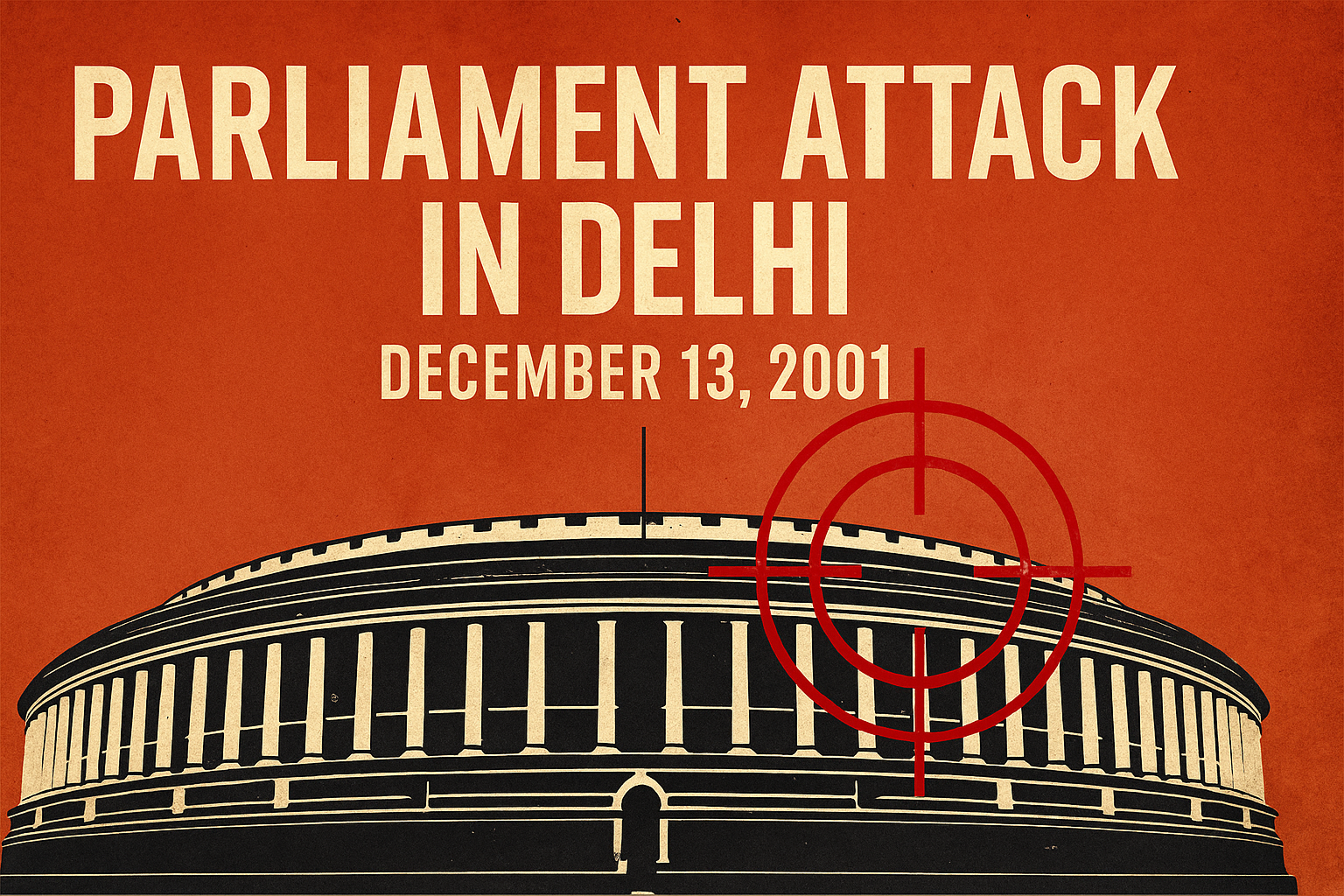Scams in India, let’s be honest—India's journey to economic greatness hasn’t exactly been smooth sailing. While there’s been innovation, growth, and global admiration, there’s also been a darker undercurrent that has rocked the nation time and again—scams. Big ones. Shocking ones. The kind that makes you go, "Wait, how did they even pull that off?"
In this post, we’re diving deep into the biggest scams in India, especially the ones that shook the Indian stock market, exposed political frauds (like the infamous scam in UPA government), and even inspired pop culture (Scam 1992, anyone?).
So buckle up, we’re peeling back the curtain on the shady world of corruption, greed, and deception.
Scam in the Indian Stock Market: A Financial Earthquake
When we talk about scams in India, one of the first things that comes to mind is the scam in the stock market. These aren’t just numbers on a screen—they’ve destroyed lives, ruined businesses, and shaken public trust in the financial system.
The Harshad Mehta Scam – Scam 1992
Ah yes, Scam 1992—so iconic, it became a blockbuster web series. But the real-life story? Far more jaw-dropping.
Back in the early '90s, Harshad Mehta, a flashy stockbroker, exploited loopholes in the banking system to siphon off ₹5,000+ crore (a mind-blowing amount back then). He manipulated stock prices using fake bank receipts and created a market frenzy.
Investors followed his every move, treating him like a stock market god—until the truth came out.
The Indian stock market crashed, thousands lost their savings, and Harshad Mehta became the poster boy of India’s financial corruption.
The Ketan Parekh Scam – Déjà vu, Anyone?
You’d think we’d learn from history, right? Well, in the early 2000s, Ketan Parekh, another hotshot broker, pulled off a similar heist.
He pumped up stock prices of lesser-known companies (called K-10 stocks), manipulated trading volumes, and used insider connections. It’s estimated that banks and investors lost over ₹1,000 crore.
Again, retail investors took the hit, while Parekh faced a 14-year ban from trading.
These stock market scams were a wake-up call. They exposed just how fragile our financial systems can be when greed runs unchecked.
How ‘Scams’ Became Pop Culture Hits
Let’s pause for a second. Isn’t it crazy that scams have become entertainment?
Shows like Scam 1992 and the upcoming Scam 2003 have turned real-life fraudsters into TV anti-heroes. Why? Because these stories have everything—drama, thrill, power, and downfall.
They also make you wonder: If these scams could happen then… could they happen again?
Spoiler alert: They do.
Scam in UPA Government: Political Greed Uncovered
Now let’s talk politics—because corruption isn’t limited to the stock market. The scam in UPA government era (2004–2014) was a rollercoaster of shady deals, inflated contracts, and missing crores.
Here are a few that made headlines (and history books):
The 2G Spectrum Scam
Possibly one of the most famous scams in Indian politics, the 2G Spectrum Scam allegedly cost the country over ₹1.76 lakh crore due to underpriced telecom licenses handed out like candy.
It was a scandal that not only embarrassed the UPA government but also rocked global investor confidence.
The Commonwealth Games Scam
Remember CWG 2010 in Delhi? While the world saw shiny stadiums, behind the scenes was a tale of inflated contracts, shoddy infrastructure, and kickbacks.
Over ₹70,000 crore was reportedly misused or unaccounted for. The result? National shame, arrests, and a lot of finger-pointing.

The Coal Allocation Scam ("Coalgate")
Coal is black gold, and the Coalgate scam was about giving away mining rights to cronies without proper bidding—leading to an estimated loss of ₹1.86 lakh crore.
The UPA government was in damage-control mode for years after this, and public trust took a massive hit.
More Scams That Shook India
Corruption isn’t new to India. From banking frauds to chit fund schemes, the list is long—and ugly.
Nirav Modi & the PNB Scam
Luxury diamonds, private jets, and a trail of fraud—Nirav Modi and his uncle Mehul Choksi scammed Punjab National Bank out of nearly ₹13,000 crore using fake Letters of Undertaking.
They’re still fugitives, and Indian banks are still licking their wounds.
Yes Bank & IL&FS Crisis
These weren’t scams in the traditional sense, but mismanagement and fraud in institutions like Yes Bank and IL&FS triggered major financial panic. Depositors worried. Stocks tumbled. And regulators scrambled.
Why Do Scams Keep Happening in India?
Great question. The short answer: Lack of accountability.
Here’s the long version:
Weak Regulatory Oversight – Even though SEBI, RBI, and other watchdogs exist, enforcement is often slow.
Political-Business Nexus – When politicians and businesspeople get too cozy, scams become inevitable.
Judicial Delays – Many scam cases drag on for decades, reducing the fear of consequences.
Lack of Financial Literacy – Ordinary investors often fall for Ponzi schemes or stock tips without understanding the risks.
It’s a system where the rich often get richer… and bolder.
What’s Being Done to Stop These Scams?
Thankfully, India is not just sitting idle.
Digital Vigilance
With platforms like GST, Aadhaar, and UPI, the government has better tools to track money flow and detect fraud.
SEBI’s Tightened Rules
The Securities and Exchange Board of India (SEBI) has introduced stricter disclosure norms, surveillance mechanisms, and penalties to make stock market manipulation harder.
Whistleblower Protections
New laws have made it easier (and safer) for insiders to blow the whistle on shady activities.
But still—scammers are always one step ahead. So the fight continues.
The Future of India Without Scams—Is It Possible?
Imagine an India where:
Public money is safe
Stock markets are fair
Politicians are accountable
Big businesses can’t buy their way out of trouble
Sounds like a dream? It doesn’t have to be.
With a more educated voter base, tech-driven governance, and stronger laws, scams in India can become the exception—not the norm.
But for that to happen, we need to stay informed, ask questions, and demand action. Because at the end of the day, corruption thrives in silence.
Read More: How the 2025 Lok Sabha Elections Could Impact Indian Startups
Conclusion: We Deserve Better
Scams aren’t just stories—they affect jobs, pensions, savings, and futures. Whether it’s a scam in the Indian stock market, a fraud involving government contracts, or Ponzi schemes targeting the middle class—they erode trust.
And trust is the foundation of every economy.
The only way forward? Transparency, accountability, and a public that refuses to be fooled again.
Let’s not wait for the next blockbuster series to talk about corruption. Let’s fight it—together.
Explore other popular Posts:
Blog | News | Entertainment | Education | Sports |
Technology | Cryptocurrency | Stock | Home | Sitemap





